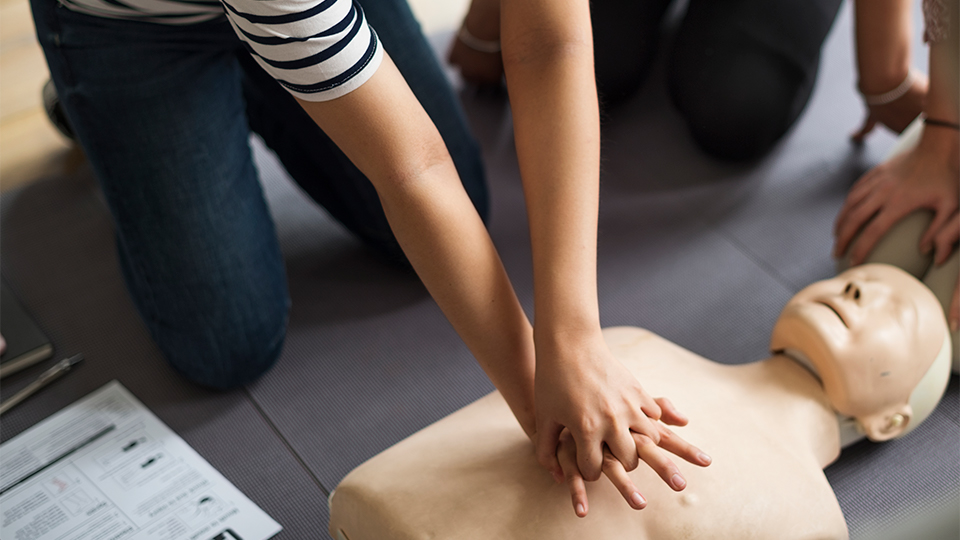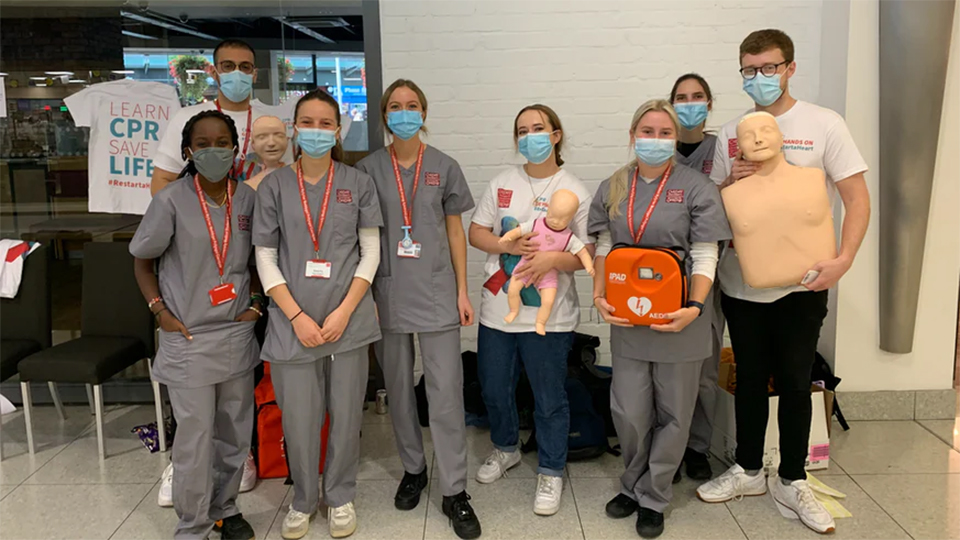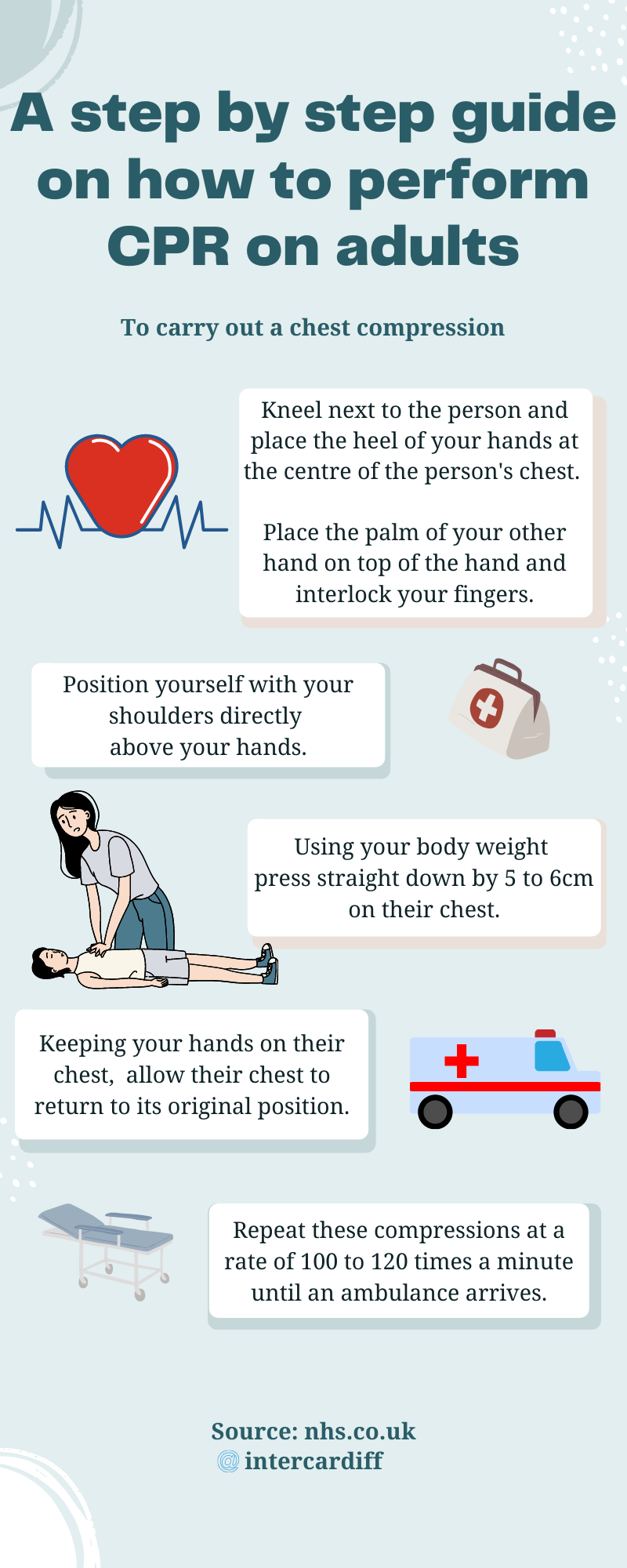A life-saving scheme aims to train more students, to get more possibilities to survive when a cardiac arrest emergency occurs.

A group of Cardiff University students launched a Student Save Lives project, which let more students know how to use CPR to save people.
This programme aims to raise awareness of the importance of CPR and defibrillation, and to encourage people across Wales to learn these skills and improve the cardiac arrest survival rate.
“If you haven’t got a bystander prepared to do CPR or use a defibrillator on you when in cardiac arrest, you will die in less than 9 minutes,” said Glenda Davies, Save a Life Cymru Communication Manager. “CPR helps to keep the blood pumping around the body and the defibrillator can help to restart the heart. CPR and defibrillation will give someone the chance of life until the emergency service arrives to take over.”
When a sudden cardiac arrest happened outside of a hospital setting, just 1 in 20 survive in Wales. It has one of the lowest out-of-hospital cardiac arrest survival rates in Europe.
Students from the Cardiff University Schools of Medicine and Healthcare Sciences collaborated with the Welsh Government-funded Save a Life Cymru programme. If all universities in Wales expanded CPR training, proximately up to 130,000 people could learn the necessary life-saving skills to restart somebody’s heart.
Elliot Phillips, a 22-year-old fifth-year medical student, is leading the project. He said, “It’s our way of using students to try and help solve the problem of the poor survival rate from out-of-hospital cardiac arrest in Wales.”

Under the nation’s new curriculum, schools in Wales will be expected to teach life-saving skills and first aid beginning in March 2021.
Students Save Lives will be implemented throughout Cardiff university, with the goal that it will eventually be spread to other universities across Wales.
“Usually school students are the audience, the main audience that are taught CPR skills. University students aren’t really used very much as a potential audience to learn these skills,” said Elliot. “We think given that university students as a large population, intelligent community-conscious, they will be a perfect audience to learn these skills.”
“Hopefully, we can institute our scheme there to expand all the other universities across Wales and get as many students as we can over these life-saving skills,” said Elliot.

The project not only teaches skills to tackle emergencies but also encourages everybody to learn to do CPR.
“We’ve found that people were hesitant in thinking about doing CPR because they think ‘I can’t do it right. I haven’t got any confidence.’ And what we want to do is to give people the confidence to have a go because any CPR is better than no CPR,” said Glenda.
The curriculum for Student Save Lives program is an e-learning package prior to students turning up at the session, to help students familiarise themselves with how to do CPR and how to recognise a cardiac arrest. It creates a sort of low-pressure environment before attending an in-person session, where Cardiff University healthcare students teach the skills and let new students get hands-on experience.

Professor Steve Riley, Head of Cardiff University’s School of Medicine, said, “I think it’s an excellent program. And it shows the way in which Cardiff University students are trying to find ways to help tackle a big problem in Wales and come up with a solution that could help the general public.”
“This is a fantastic opportunity for all students at Cardiff University to get trained because they will be going out into the world, whatever country, whatever community, and they could help to save a life,” said Glenda.
